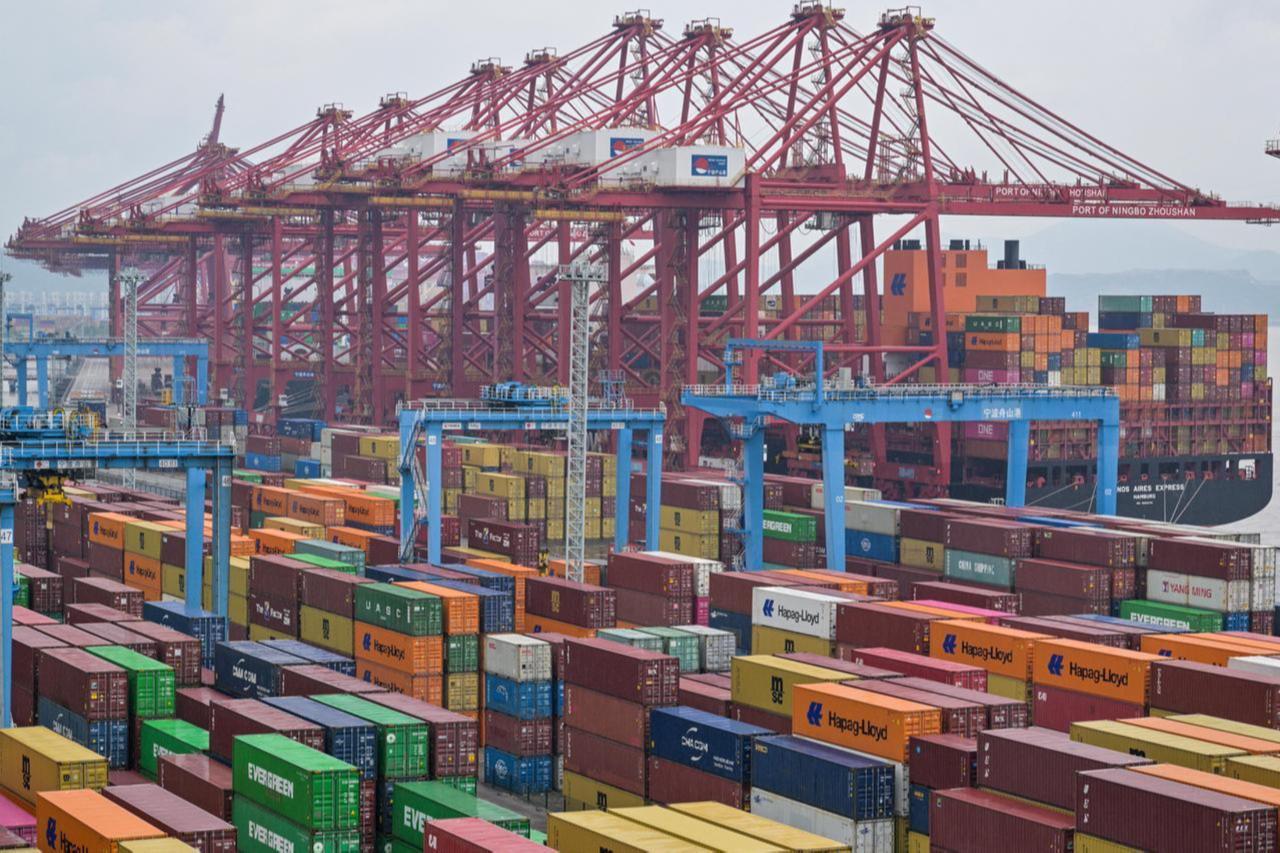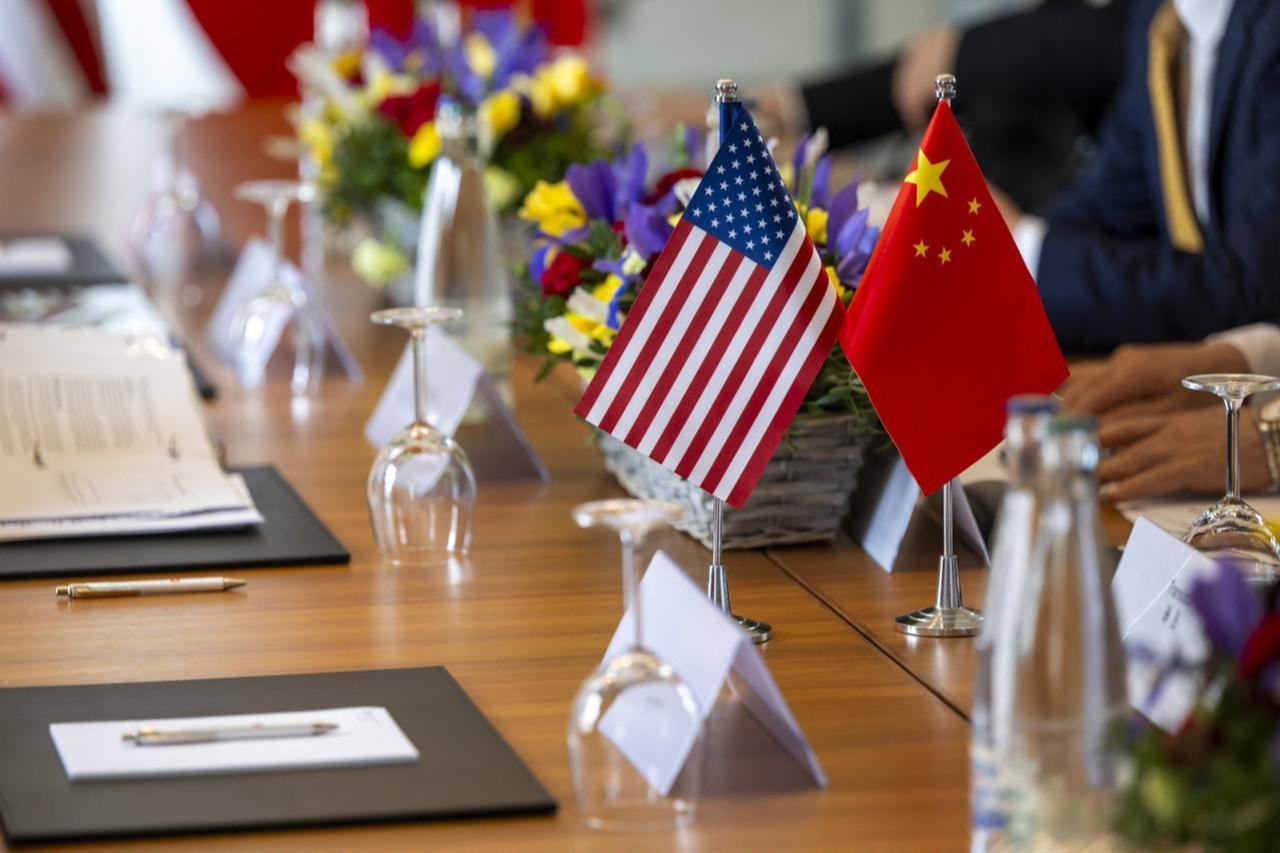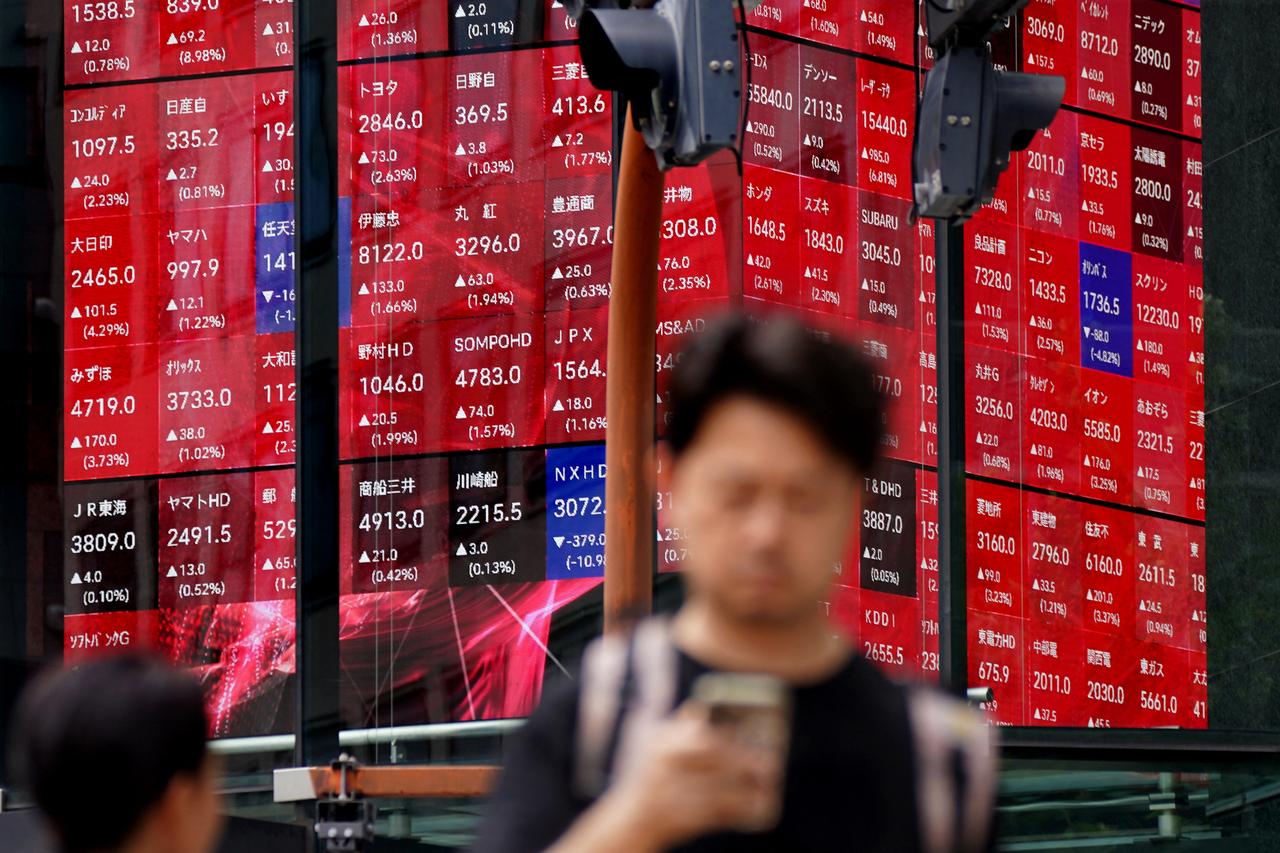
The United States and China have agreed to extend their tariff truce for an additional 90 days, postponing the reimposition of higher duties on each other’s goods until Nov. 10, President Donald Trump announced Monday.
Trump signed an executive order delaying the planned tariff increase just hours before the previous agreement was set to expire.
The extension maintains the reduced tariff rates agreed in May—30% on targeted Chinese goods entering the U.S. and 10% on corresponding U.S. products exported to China. The rates will remain in place until November or until a new agreement is reached.
In the executive order, the White House reiterated its view that large and persistent U.S. goods trade deficits pose “an unusual and extraordinary threat” to national security and the economy. It added that talks with Beijing are ongoing to address what it describes as a lack of trade reciprocity, noting that China has taken “significant steps” toward resolving U.S. concerns.
China’s state-run Xinhua news agency confirmed that Beijing will also prolong its suspension of higher tariffs for 90 days starting August 12, retaining its 10% duty. The statement said China would continue to suspend or remove certain non-tariff countermeasures in line with the Geneva joint declaration between the two countries.

Trump's move appears to be part of increased pressure on the Fed to reduce benchmark interest rates at its next meeting, as tariffs on U.S. imports from China were expected to push inflation higher, adding another reason for the Fed to maintain its hawkish stance.
In June, U.S. inflation rose to 2.7%, with increases in both core prices and consumer prices that include energy and food. Inflation is viewed as the primary gauge for the Fed’s interest rate decisions, while pressure is mounting amid growing fears of a potential U.S. recession.
In July, the Fed kept its benchmark rate between 4.25% and 4.5%, unchanged since December, while CME Group's FedWatch Tool placed the probability of the Fed resuming interest rate cuts at 86.5%.
Reflecting the developments, Asian stock markets rose on Tuesday following the announcement, with Tokyo’s Nikkei 225 climbing 2.8% to a record high of 42,983.34. Hong Kong’s Hang Seng Index gained 0.1% to 24,929.34, and Shanghai’s Composite Index advanced 0.5% to 3,666.33.

Crude oil futures rose as the extension eased concerns that escalating tariffs would weigh on economic activity and fuel demand in the world’s two largest oil consumers. Brent crude was up 0.44% at $66.92 per barrel, while U.S. West Texas Intermediate gained 0.36% to $64.19 per barrel.
Investor attention is also turning to a planned August 15 meeting in Alaska between Trump and Russian President Vladimir Putin aimed at ending the war in Ukraine.
The talks come amid heightened U.S. pressure on Moscow, with Trump warning of tariffs of up to 100% on Russia and its trade partners, including China and India, if a peace agreement is not reached.